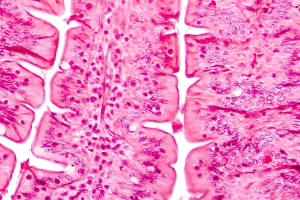Researchers
Below are researchers funded by the Kenneth Rainin Foundation who are working in immunity and inflammation.
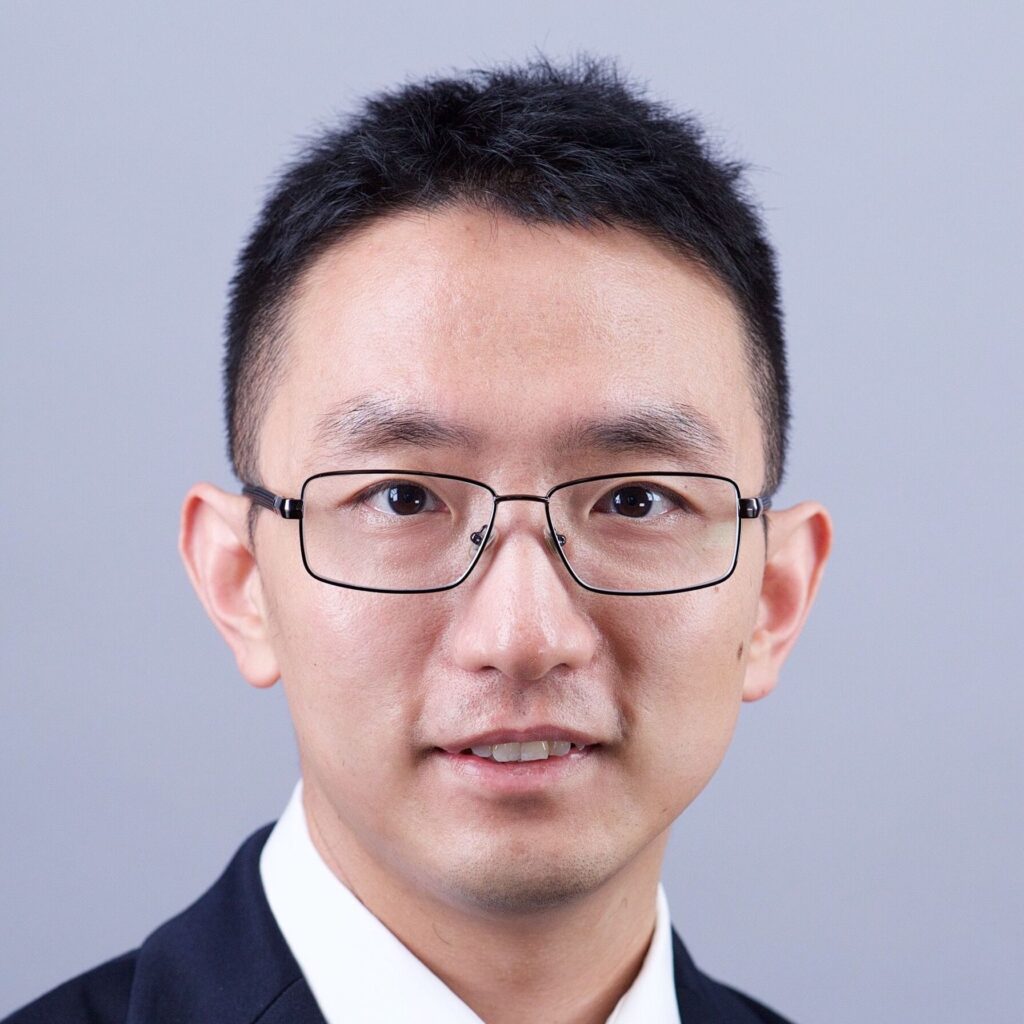
Chun-Jun (CJ) Guo, PhD
Assistant Professor, Weill Cornell Medicine, Current Grantee
Using genetic approaches, the Guo lab seeks to understand and reprogram the molecular “language” of host-microbe interactions in health and disease for potential therapeutic applications.
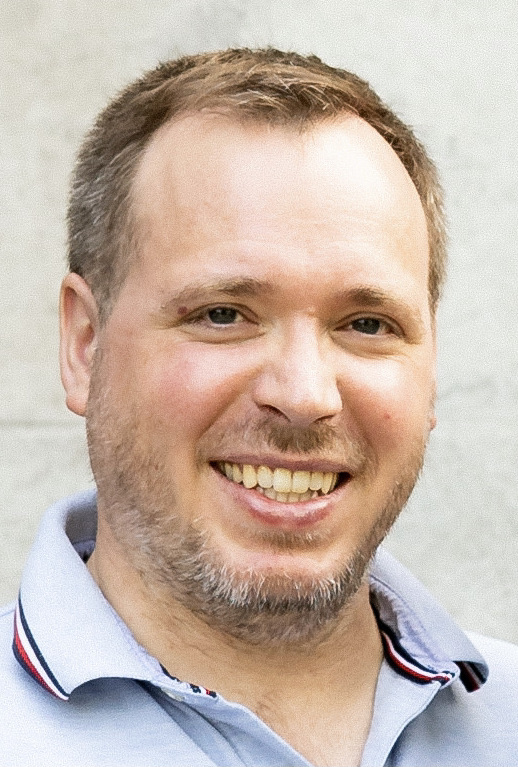
Reinhard Hinterleitner, PhD
Assistant Professor, University of Pittsburgh, Former Grantee
The Hinterleitner lab is interested in the fascinating yet complex events happening in our intestines every day. They are trying to understand the crosstalk between intestinal microbes, diets and the host mucosal immune system.

Ruaidhrí Jackson, PhD
Assistant Professor, Harvard Medical School, Former Grantee
The Jackson lab explores unknown molecules, sensory pathways and cellular connections that underpin inflammation. They aim to uncover not only how tissue-wide homeostasis is achieved but also how its breakdown can be averted to prevent disease.
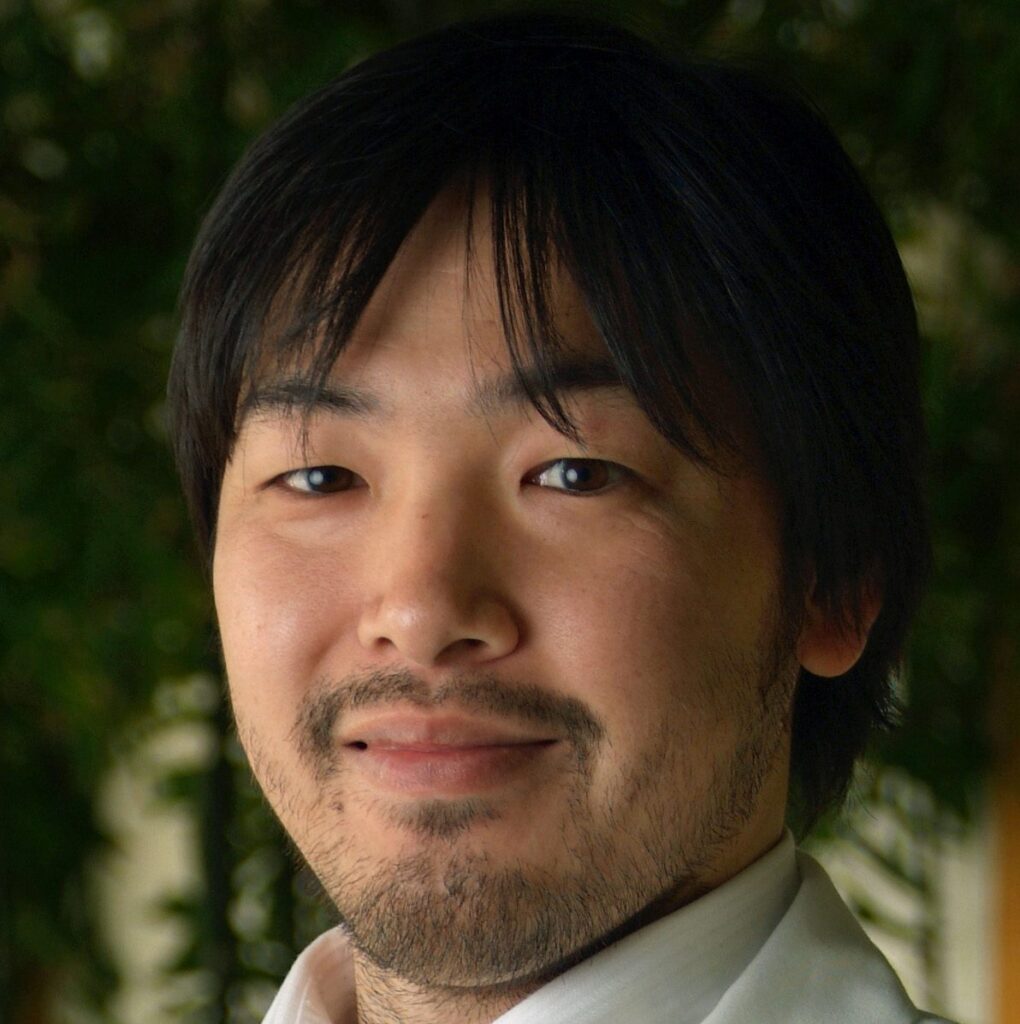
Nobuhiko Kamada, PhD
Professor, University of Michigan, Former Grantee
Dr. Kamada’s lab investigates how gut microbiota and host immunity interact in gastrointestinal health and disease. Their focus is on the mechanism by which certain pathogenic members of commensal bacteria promote chronic intestinal inflammation that leads…
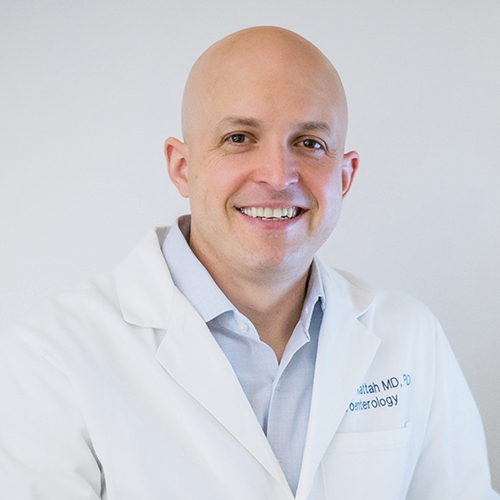
Michael Kattah, MD, PhD
Assistant Professor; University of California, San Francisco; Current Grantee
The Kattah Lab aims to understand how intestinal epithelial cells contribute to disease. The ultimate goal is to develop patient-tailored treatment strategies that maximize efficacy and minimize toxicity for individual patients.
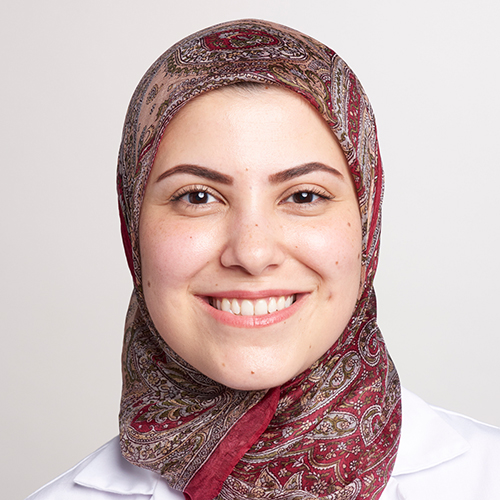
Maia Kayal, MD
Assistant Professor, Icahn School of Medicine at Mount Sinai, Current Grantee
Dr. Kayal specializes in the care of patients with gastrointestinal illnesses with a focus on ulcerative colitis and Crohn’s disease. Her current research interests include prediction and risk stratification in ulcerative colitis patients who need surgery.
